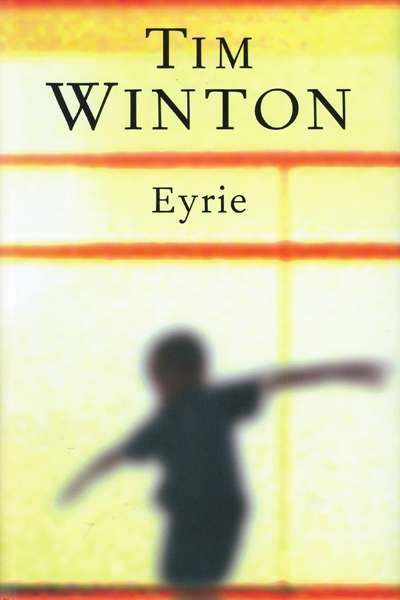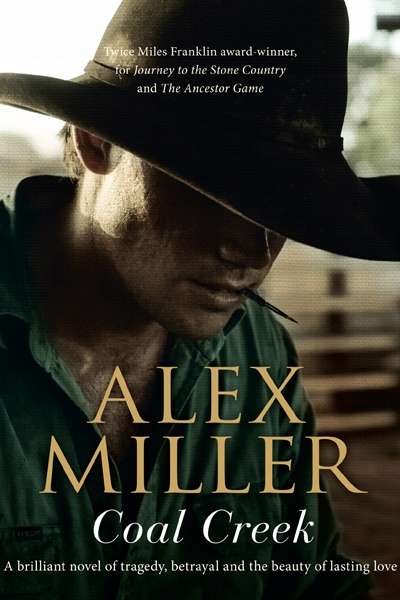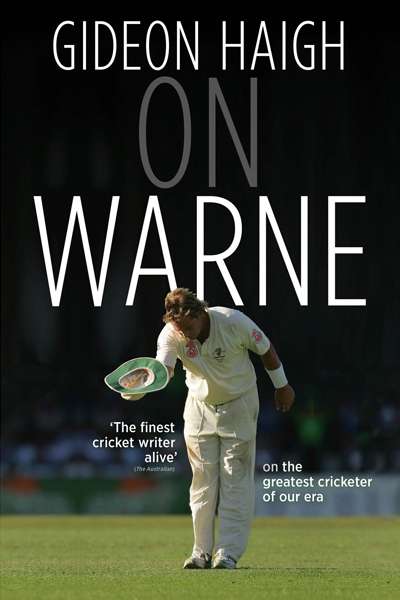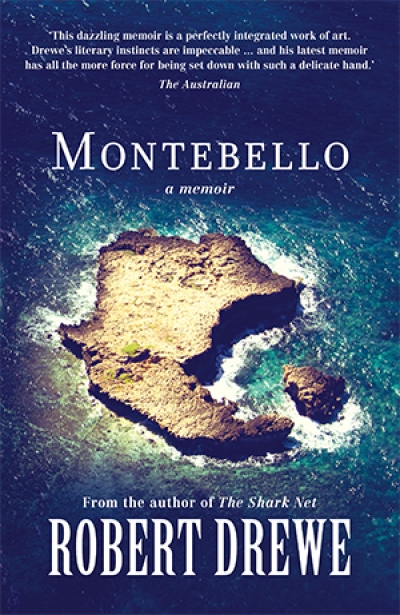Brian Matthews

Brian Matthews (1936–2022) was the author of short stories, essays, and biographies. His memoir A Fine and Private Place (2000) won the inaugural Queensland Premier’s Award for non-fiction and his Manning Clark: A Life (2008) won the National Biography Award in 2010.
The writing of a novel, Alex Miller has said, ‘is a kind of journey of the imagination in which there’s the liberty to dream your own dream … There’s always got to be a model located somewhere in fact and reality … But some of your best characters are what you think of as being purely made up, just characters that needed to be there.’
There is no way of telling and no need to know if ... (read more)
To begin at the beginning. ‘When the first Pakeha ship came,’ Te Horeta told the explorer Charles Heaphy, ‘I was a lad … [about twelve years old].’ Watching the ‘white people’ row ashore, ‘paddling with their backs to the way they were going’, the boy and his companions ‘thought they must have eyes behind their heads’.
... (read more)
In his The Art of Wrist-Spin Bowling (1995), Peter Philpott remarks: ‘If there is one factor in spin bowling which all spinners should accept … it is the concept that the ball should be spun hard. Not rolled, not gently turned, but flicked, ripped, fizzed.’ Richie Benaud agrees: ‘Spin it fiercely. Spin it hard.’ The intensity of the grip that produces ‘fizz’ will also often result in ... (read more)
Robert Drewe’s first memoir, The Shark Net (2000) – an account of ‘memories and murder’ – opens in the transforming ‘different sunlight’ of a courtroom, a light that seems ‘harsher, dustier, more ancient looking’, making the figure in the dock somehow ‘uglier, smaller’, ‘like a criminal in a B-movie’, the very ‘stereotype of a crook’.
... (read more)





